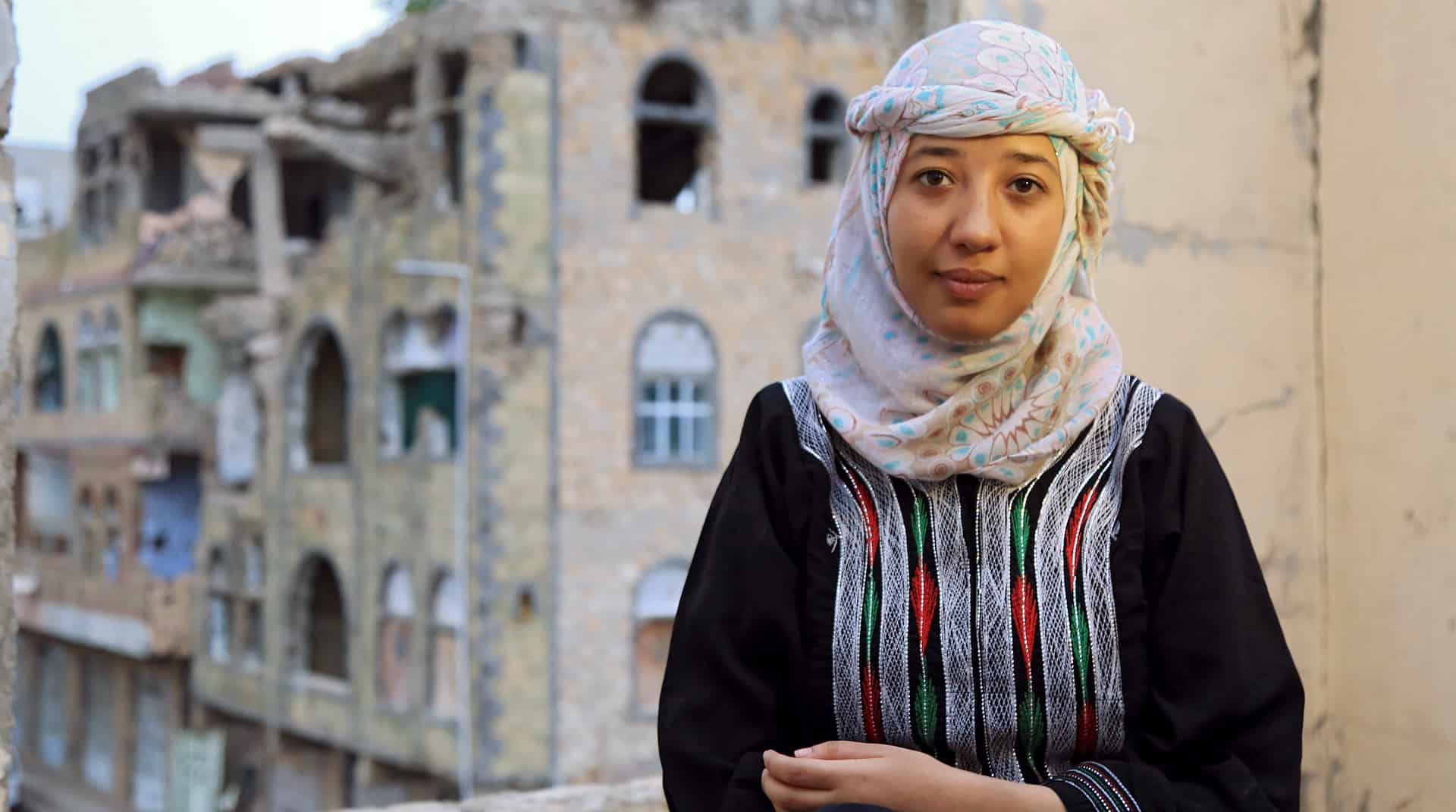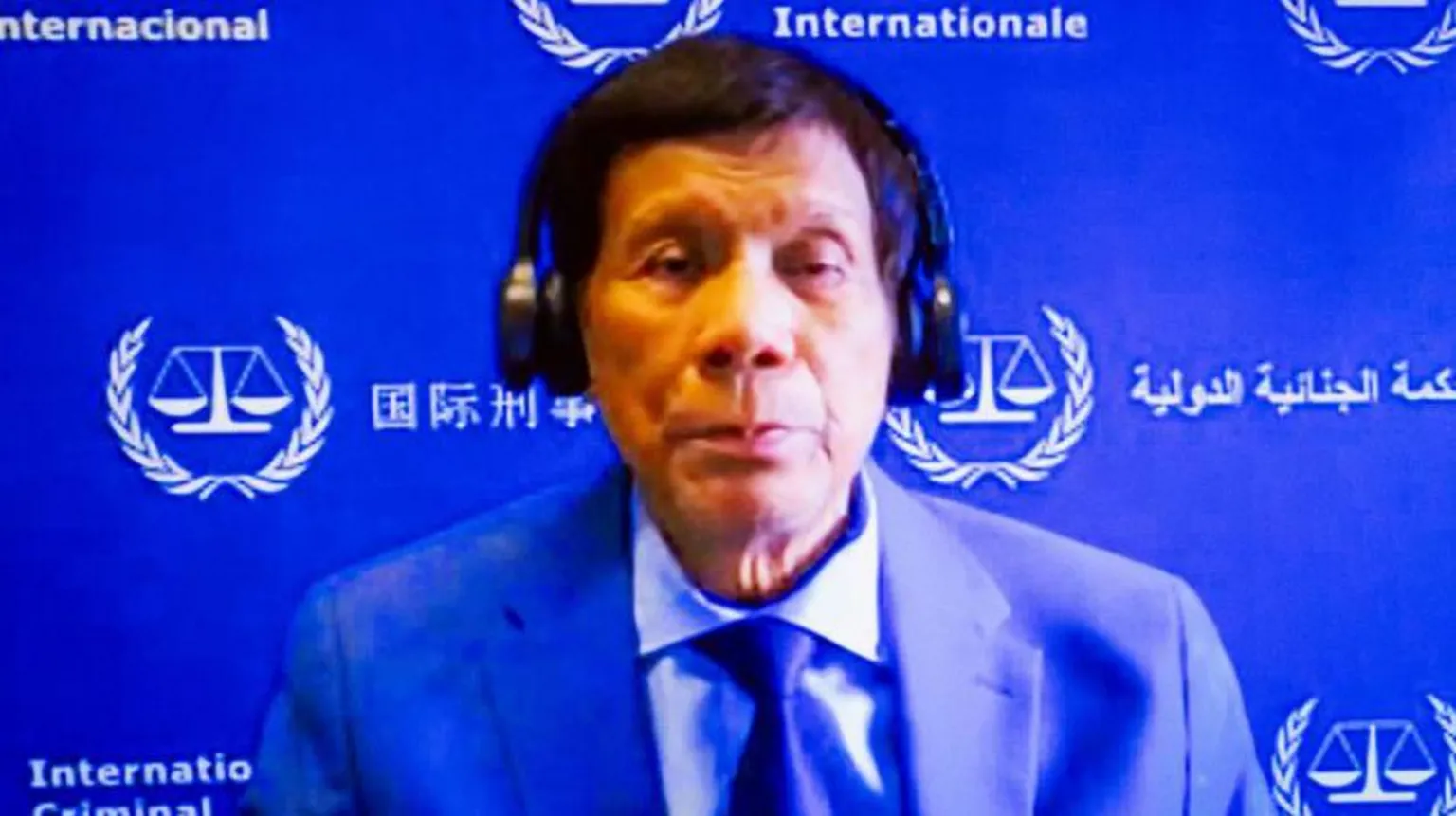The world sees Yemen’s war as a battle over territory, but for its women, the frontline stretches far beyond the battlefields. It is in the delivery room, where childbirth is a perilous gamble. It is in the kitchen, where feeding a family means weighing every meal against soaring prices. And it is on the long walk for water, where every step carries the threat of violence or landmines.
This crisis is the bitter harvest of a state shattered by a civil war between the Houthi movement (Ansar Allah) and the internationally recognised government of Yemen. The conflict escalated into a regional catastrophe in 2014, when the Houthis seized the capital, Sanaa, and forced Yemen’s president into exile.
Viewing the Iran-backed Houthis as a critical threat on their southern border, a Saudi-led coalition, armed by the US and UK, intervened to restore the exiled government. Driven by regional security concerns, this intervention placed Yemen at the centre of a wider power struggle.
The war that followed has entwined coalition airstrikes, Houthi brutality, and the systemic neglect of a deeply patriarchal society, creating conditions so severe that by 2019 Amnesty International declared Yemen ‘one of the worst places in the world to be a woman’.
The fight for survival
For millions of Yemeni women, survival is a daily struggle. Hospitals lie in rubble, and clean water is often tainted with cholera. Illnesses that would be minor elsewhere quickly become life-threatening when clinics are inaccessible and medicines scarce.
Even the most basic necessities carry hidden dangers. Skyrocketing food prices force women to ration every meal, while the daily search for water or firewood can place them in the path of violence or onto fields sown with landmines. In 2022, the Landmine Monitor initiative reported that at least 582 people were killed or wounded by landmines or other explosive remnants of war in Yemen, up from 528 in 2021. Landmines have further hindered villagers from securing food and sustaining livelihoods.
According to the World Food Programme, as of February 2024, 64% of the population in Taizz governorate—one of four Yemeni governorates—is experiencing a high-risk and worsening level of food insecurity. Malnutrition is so severe that many new mothers cannot produce milk, leaving midwives to breastfeed the babies of strangers simply to keep them alive.
Mental health
The deepest impacts of the war are often unseen. Millions of women carry the trauma of losing a child to bombing or a husband to a preventable disease, compounded by a society that severely restricts their freedom and autonomy. Yemen’s pre-war Penal Code, still enforced by de facto authorities, grants near impunity for so-called ‘honour killings’. The UN Human Rights Council has previously expressed concern over this practice, noting that perpetrators are rarely charged with murder and, if convicted, typically face only six months to a year in prison.
Women are also discouraged from resisting their patriarchal control in any shape or form. This system of control is starkly illustrated by the fate of Fatima Al-Arouli, a prominent activist and former head of a women’s leadership union.
In 2022, she was abducted by Houthi intelligence officials in Sanaa and held incommunicado for months before facing a sham trial. A Houthi-controlled court sentenced her to death on fabricated charges of ‘aiding an enemy state’. Her case sent a chilling message across Yemen: a woman’s dissent will not be tolerated.
Reproductive health
Nowhere is the brutality of the war more evident than in childbirth. Yemen has one of the highest maternal mortality rates in the world: according to the UN, one woman dies from pregnancy or childbirth every two hours, roughly 118 deaths per 100,000 live births. By comparison, the figure in the UK is just eight. These staggering numbers are not inevitable; they are the result of a healthcare system systematically shattered by all warring parties.
Coalition airstrikes have destroyed maternity wards, leaving the few that remain without electricity for C-sections or clean water to prevent infection. Across the country, women and girls of childbearing age, which according to Girls not Brides can be as young as eight, face growing healthcare needs, yet numerous barriers prevent them from accessing timely sexual and reproductive health (SRH) services. At least 5.5 million require SRH support, while their lives remain at risk from complications during pregnancy, childbirth and the postpartum period.
Deliberate policy decisions worsen the situation. Birth control, including pills, condoms, and contraceptive injections, has been severely restricted by Houthi-led authorities, and intrauterine devices (IUDs) were banned entirely in Sa’ada governorate by the end of 2020.
These restrictions increase the likelihood of unwanted or unsafe pregnancies, exacerbating maternal mortality. With abortion illegal, these policies enforce pregnancy amid famine, turning one of life’s most profound experiences into its most perilous ordeal.
Fragile lifelines
In the midst of this crisis, women are taking steps to support themselves and their families. In villages like Bushra, small-scale aid initiatives help women reclaim a measure of control. Organisations provide seeds and tools, enabling families to cultivate home gardens of tomatoes, herbs and onions. These plots offer vital nutrients for their children and reduce dependence on volatile markets and scarce aid.
These gardens exist alongside other crucial efforts: mobile clinics bring medical care to isolated communities, cash assistance gives women the means to buy necessities, and psychological support projects create safe spaces for survivors of violence.
Yet these lifelines are fragile, operating against a backdrop of airstrikes, endemic violence and now cuts to vital aid provided by wealthy UN members such as the US.
Regardless, aid can provide a bag of grain, but it cannot stop a bomb. A counseling session can offer comfort, but it cannot rewrite a law that sanctions honour killings. True change requires more; it needs an end to the war and the dismantling of the oppressive systems that target women.
Recognising gender and health as inseparable in conflict settings is crucial, not only for Yemen but for global peace and justice efforts.
- Photo: UN Women/Flickr © CC BY-NC-ND 2.0





